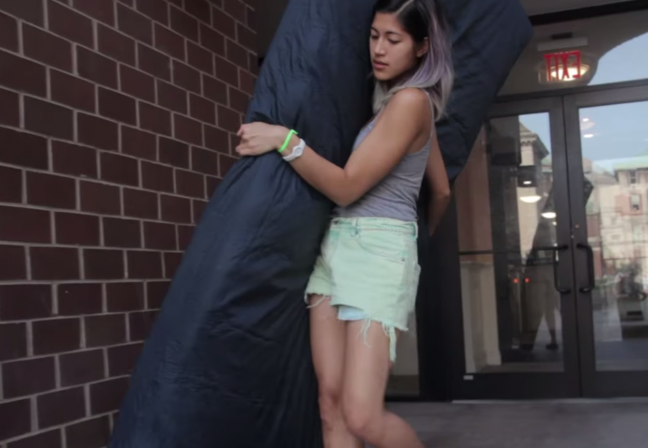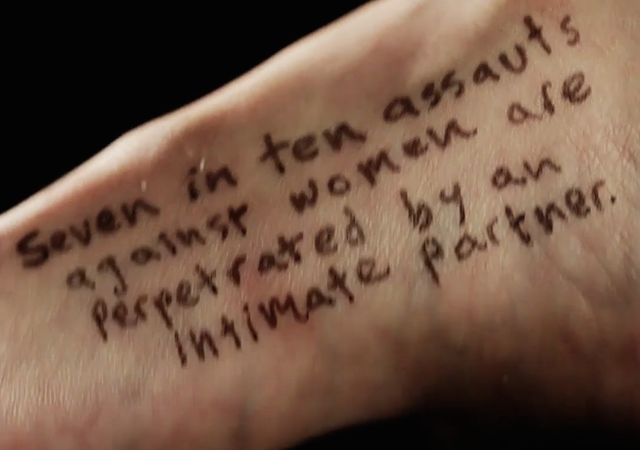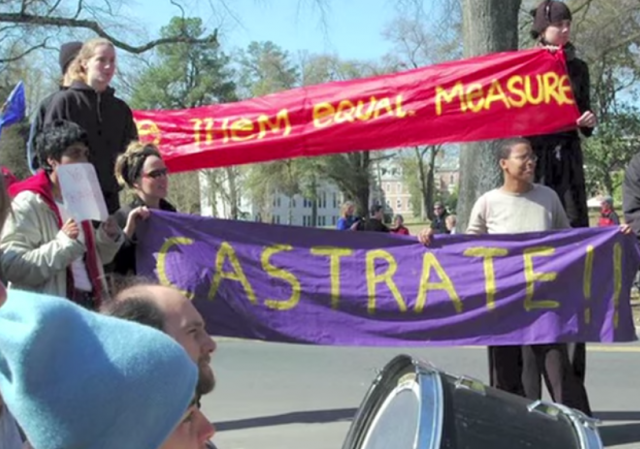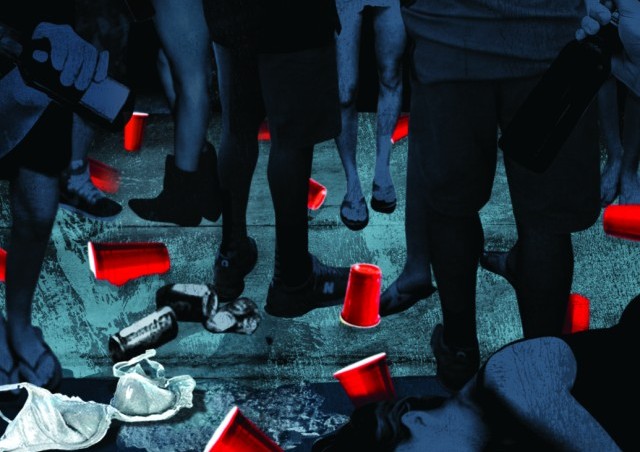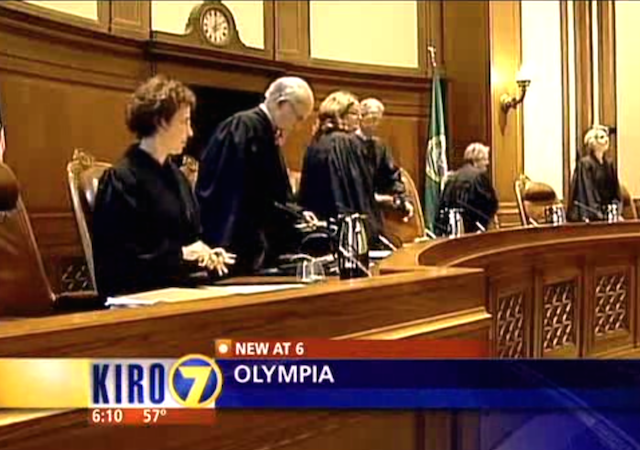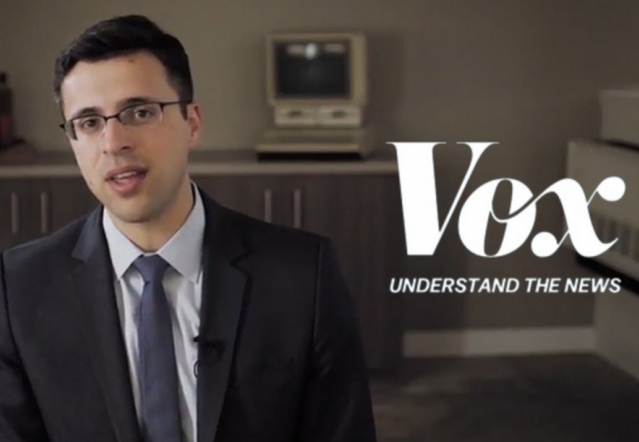Columbia student fights back amidst rape allegations
on February 03, 2015
77 Comments
Remember Emma Sulkowicz, the Columbia student who's carrying her mattress around as long as her alleged rapist is allowed to remain on campus?
Her alleged rapist is speaking out.
Sulkowicz made national headlines with her harrowing tale of a consensual sexual encounter turned rape. After her alleged rapist was cleared by Columbia's internal justice system, Sulkowicz filed a police report with the NYP, but chose not to pursue the matter through the actual justice system saying she'd heard they'd mishandled cases, she didn't feel safe or comfortable chatting with them, and she was displeased by how long it would take for her case to get to court.
Her accused rapist, Paul Nungesser, shared his story exclusively with The Daily Beast in what they're describing as, "dramatically at odds with the prevailing media narrative."

